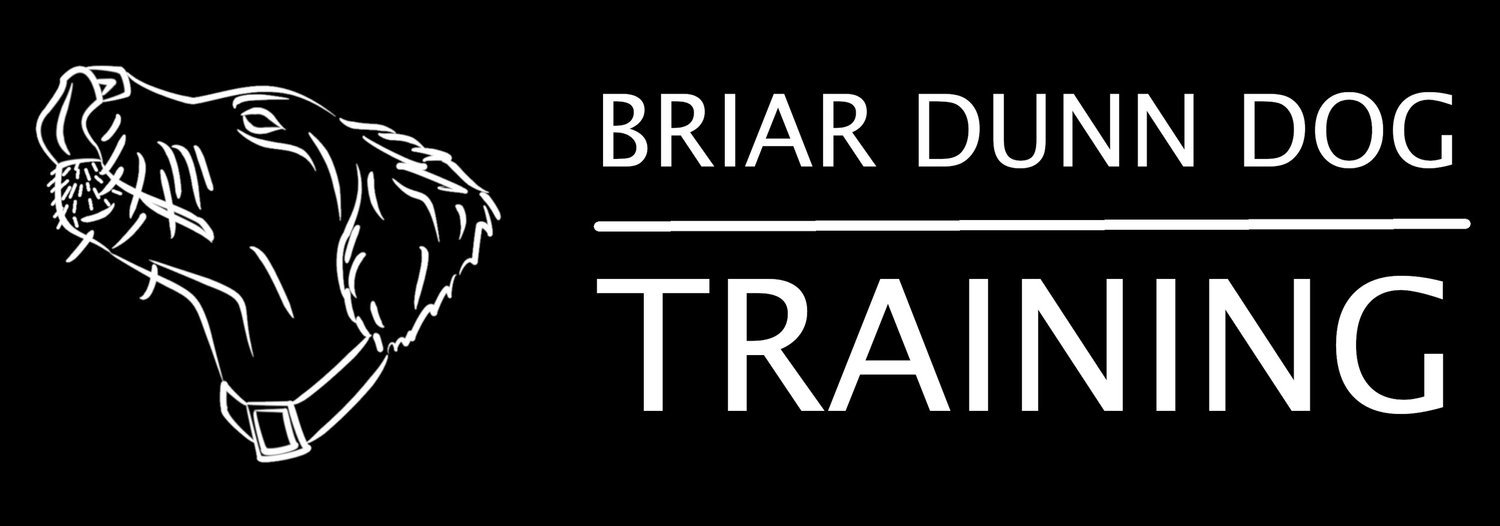
Training Methods and Ethics
In line with the latest scientific research, we only use reward-based training methods, with dog welfare at the heart of what we do, and do not support the use of tools or methods designed to be aversive (such as prong collars and intimidation) or purposeful positive punishment in dog training. Our training focuses on the dog-owner bond, building motivation and engagement, which are key for effective and enjoyable training for both dogs and owners.
If you have used methods such as physical corrections, or tools such as choke chains in the past, but are wanting to learn more effective and up to date training methods, you are welcome in our training spaces, and we will support you in your training journey.
Our Underlying Values and Principles
FAQs
-
Choke chains
Slip lead/collars
E-collars/Shock collar
Chain half-check collar
Prong collar
Citronella/Spray/vibration collars
Fur saver collar
Starmark collar
Tightening/martingale harnesses
Figure of 8 headcollars
Pet corrector/compressed air cans
Heeling sticks/whips
Headcollars for small breed dogs or puppies.
-
Flat collar
Webbing martingale collar (fitted to not tighten more than a flat collar)
Y front harness
Standard/multifunction lead
Clicker
Treat touch
Toys
Food
Headcollars are not recommended for most dogs, and we only recommend them in circumstances where there is a mismatch between the strength of a large dog and the owner. If you do use one, or feel you need one, this should discussed with your trainer, and it be understood they are a management method, and training must be carried out long-term.
